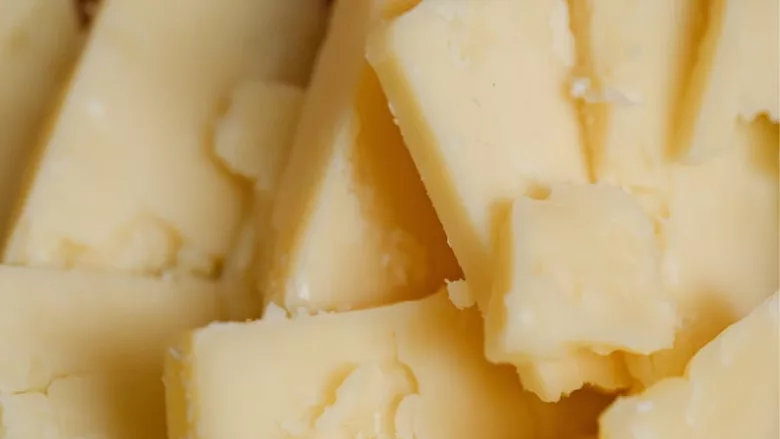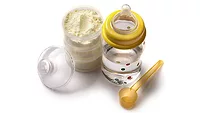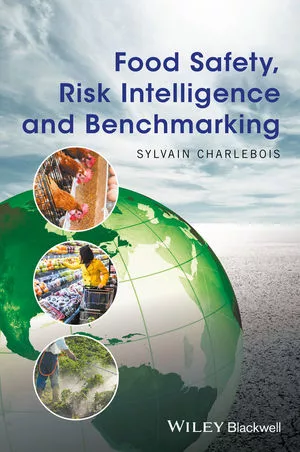FSA: COVID-19 Virus Can Survive Days on Some Foods, Risk Still Very Low

Credit: Karolina Grabowska (karolina-grabowska) via Pexels
After conducting new research on the survival of SARS-CoV-2 (the COVID-19 virus) on food and food packaging, the UK Food Standards Agency (FSA) has determined that, while the likelihood of catching the virus from food varies by surface type, the risk is “very low” overall.
The research, conducted by the University of Southampton, was commissioned by FSA following the publication of its risk assessment in 2020 that concluded it is very unlikely humans would catch the COVID-19 virus from food. However, the rate of inactivation of the virus on products sold at various temperatures was identified as a key uncertainty in the 2020 assessment, which examined the rate of inactivation from contamination during production to consumption.
The present research was commissioned to measure the rate of inactivation of virus on the surface of various types of food and food packaging, reducing the uncertainty of the 2020 study. The results were used to consider whether the assumption made in the original risk assessment remains appropriate for food kept at a range of temperatures, or whether a lower risk is more appropriate for some.
The researchers purposefully contaminated the surfaces of foods and food packaging with infectious SARS-CoV-2, measuring the decline in the presence of infectious virus on the surfaces over time, at a range of temperatures and relative humidity levels to reflect typical storage conditions. Tested foods included broccoli, peppers, apple, raspberry, cheddar cheese, sliced ham, olives, olive brine, white and brown bread crusts, croissants, and pain au chocolat. The foods were selected because they are commonly sold loose or uncovered at retail, may be difficult to wash, and are often consumed without cooking. The food packaging materials tested include polyethylene terephthalate (PET1) trays and bottles, aluminum cans, and composite drink cartons, as they are the most commonly used food packaging materials, or consumption of the product may involve direct mouth contact with the packaging.
The study’s results shows that the survival of the COVID-19 virus varied depending on the contaminated foods and food packaging. On some foods, such as cheese and ham, the virus survived for several days. On others, such as apples and olives, virus levels dropped quickly. For most food products tested there was a ‘significant drop’ in the levels of virus contamination over the first 24 hours.
For cheddar cheese and sliced ham, stored in refrigerated conditions and a range of relative humidity, virus levels remained high up to a week later, when the testing period ended. Both cheddar cheese and sliced ham have high moisture, protein, and saturated fat content, possibly offering protection to SARS-CoV-2. On apples and olives, the virus was inactivated to the limit of detection within an hour, when the first timed measurement was taken. The researchers question whether flavonoids present in the skin of apples and olives inactivate the virus. The rate of viral decrease was rapid and occurred within a few hours for croissants and pain au chocolat, the egg wash coating on both of which may inhibit SARS-CoV-2.
Food packaging materials tested had variable virus survival. For all food packaging (PET1 trays and bottles, aluminum cans, and composite drinks cartons), there was a significant drop in levels of COVID-19 contamination over the first 24 hours, in all relative humidity conditions and at both 6 °C and 21 °C.
Based on the current findings, FSA concluded that the assumptions the agency made in the early stages of the COVID-19 pandemic were appropriate, and that the probability of humans catching the virus through food is very low. The results will not lead to any changes in FSA’s official advice on COVID-19 and food handling, however, they may inform future FSA risk assessments
Looking for quick answers on food safety topics?
Try Ask FSM, our new smart AI search tool.
Ask FSM →









